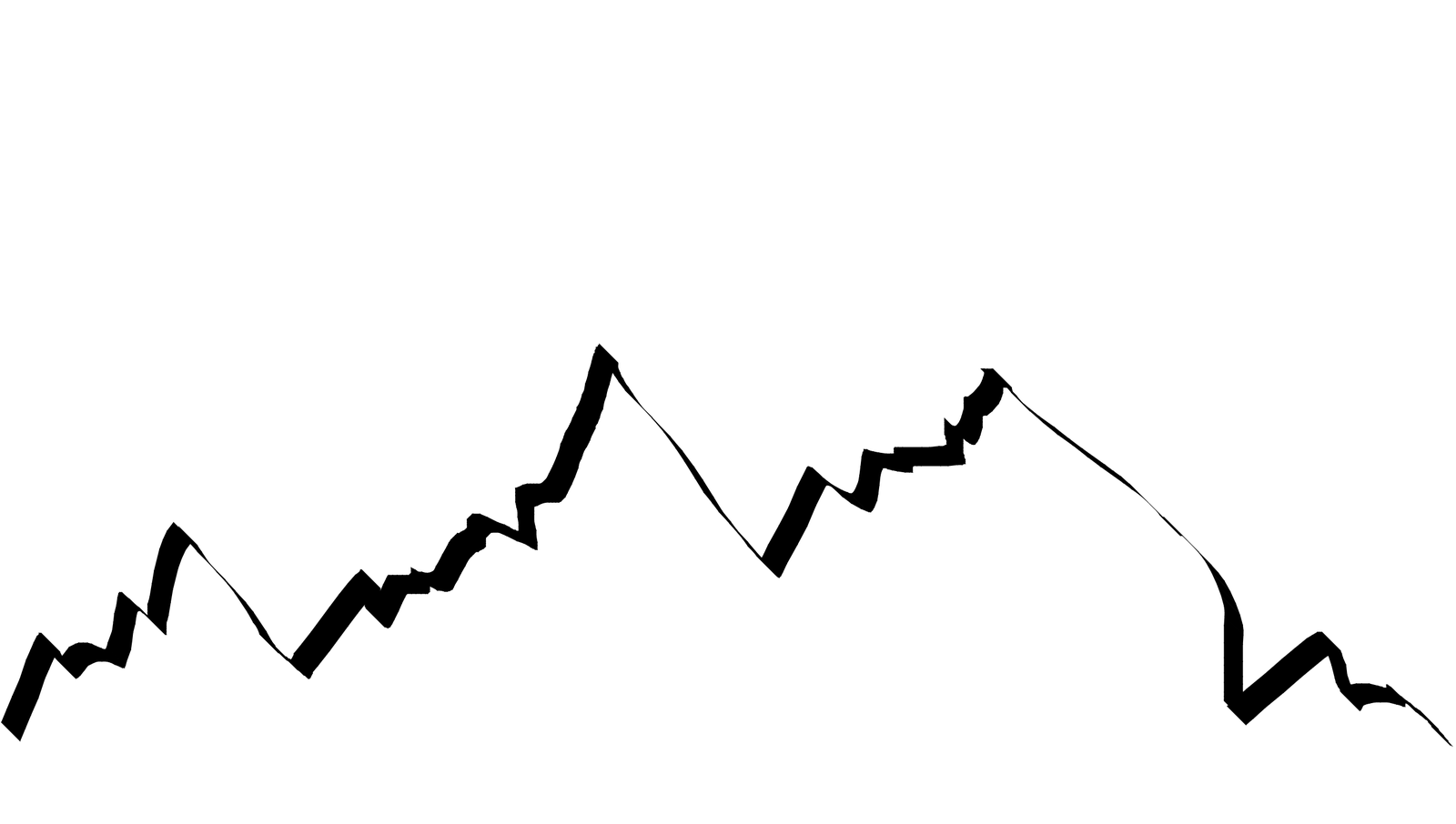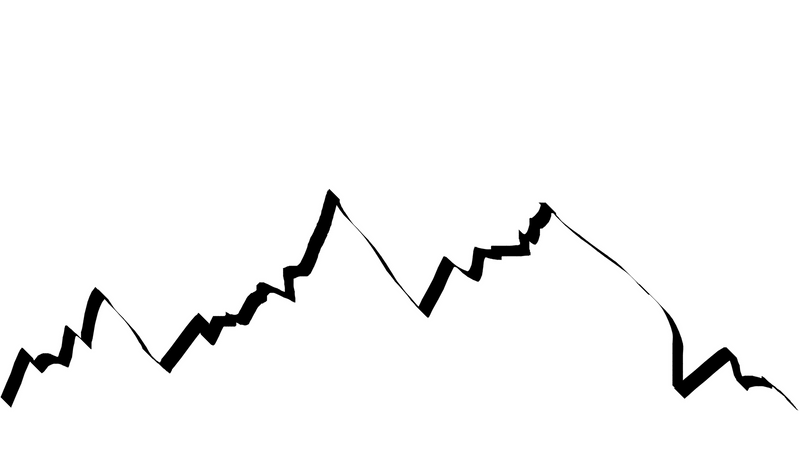Things
We’ve linked Emma Healey’s basketball writing here before, but we don’t mind doing so again, because it’s always so damned pleasurable to sink into. Here, for Hazlitt, she writes on the weirdly pure and untelevised beauty of the halftime show, “a flash of something small and strange and real inside the big, shiny machine.”
We think we’re supposed to have a ban on linking things from Nautilus because they ripped off all their writers and then remember when an investor group swooped in to do something about it that didn’t involve paying said writers? But we’re breaking the rule for this fun musing from George Musser on the nature of consciousness and the potential for “artificial panpsychism” in our IoT appliances. It’s hooey, insofar as it makes the classic too-seductive leap from algorithmic-decision making to “thought”, but engaging hooey nonetheless: “If your house is filled with picture frames, vacuum cleaners, and smart speakers that dim the lights, answer your questions, dodge around your feet, and watch over you, it may well be the suburban equivalent of living among forest spirits. It will not matter where the minds come from as long as they are there.”
Hua Hsu on “An Ecotopian Lexicon” and efforts to expand limited vocabulary for comprehending the climate crisis.

One thing that stands out from much of the coverage and analysis of the coronavirus has been the way that Chernobyl—the nuclear accident and what it stands for—has shifted in journalistic discourse. It used to be a simple shorthand for human-made technological disaster on an unprecedented scale, summoning all our fears and anxieties about the complex technologies spinning outside our control or easy understanding. But over the past month it’s suddenly become shorthand for something else, with pretty much every major news outlet running pieces that speculate on whether with the coronavirus outbreak China is having its “Chernobyl moment”.
In this case Chernobyl stands not for the disaster itself, and the systemic failings that precipitated it, but rather for the way that denial and secrecy typified the Soviet response in its aftermath—from suppressing critical information that could have saved lives, and directing doctors to misdiagnose patients with acute radiation sickness, to generally pinning the blame on individuals (such as the Chernobyl plant’s operators and managers) rather than owning up to the larger failures. And, in the final analysis, how mishandling of the accident helped trigger the dissolution of the Soviet Union just a few years later. Over the years Mikhail Gorbachev has frequently made this argument, how Chernobyl, landing in the midst of perestroika, opened the door to discussing many other things that were formerly off limits, such that the system could no longer continue. Until recently, though, it wasn’t an interpretation you often heard in Western media. We’re inclined to believe that HBO’s mostly excellent Chernobyl mini-series from last year helped influence in this shift, quoting Gorbachev in the very first episode. As for all the clickbaity “China’s Chernobyl?” headlines we’re now seeing, the consensus seems to be no, it will not be, the Soviet Union in 1986 being a very different country from the China of 2020. But The Atlantic isn’t alone in anticipating that “the coronavirus crisis may create an opening for a softer form of authoritarianism.”
“The question ‘What and how do you cook under quarantine’ is being answered from millions of isolated dorm rooms, apartments, and houses across the country, and a new cuisine, with its own rules, norms, and tastes, is emerging. Call it quarantine cooking.”

At OneZero, Malcolm Harris teasing his new collection with the most bookstore-gift-counter-baiting-title we’ve seen in forever, “Shit is Fucked Up and Bullshit: History Since the End of History”, dissecting the meaning of that hoary old William Gibson maxim that “the future has arrived – it’s just not evenly distributed yet” in a way that’s smarter than that title would make us think. Through the lens of our mundane, futuristic present, where innovation and automation still aren’t actually as cheap as, say, shrinking labour rights, the central question of Harris’s piece is surprisingly simple and provocative: “What if the real effect of technological development has been to keep everything the same?”
The case of e-bike-riding delivery people is illustrative: Tech platforms reduce the time/effort cost of ordering food by making it easier and faster, which compels restaurants to shift their resources from hospitality to delivery. There’s no less labor going on here, and nothing has been automated. The “innovations” are in the delivery riders’ work conditions: low-wage, no benefits, intensely difficult, unpleasant, dangerous, and maybe even illegal. New York City eventually cracked down on e-bikes. That’s how restaurants make room for Grubhub’s cut. The profit is in the cruelty.
Remember that boss who cut his salary to 70K a few years back, put everybody else in the company on the same wage, and got a crazy big PR boost in the process? Even as Rush Limbaugh called him a communist? And then there was this almost-hit piece in Businessweek that raised some pretty serious concerns and allegations? Well look, he’s back in the news with a weirdly puffy piece from the BBC that doesn’t really get into all that. So we’re reluctant to link it mostly because we’d prefer something more solidly reported that didn’t have the whiff of a Wired CEO-booster piece circa 1997. But we can’t get past the fact that the raw numbers, if true, are a pretty compelling argument for both pay equity and transparency, even if hardly any other business has ever taken on the challenge of trying the same. This, though: “More than 10% of the company have been able to buy their own home, in one of the US's most expensive cities for renters. Before the figure was less than 1%.”
Masha Gessen on “What Bernie Sanders should have said about socialism and totalitarianism in Cuba and elsewhere.”

There’s a plastic bag ban coming to New York this week, and to mark its arrival, the NYT has put together a glorious collection of all that is great in bag design. They look so much prettier under this soft professional light than they do on an overflowing trash barge somewhere far away and out of mind!
Good news for durian lovers: How the world’s stinkiest fruit could make super-fast electric chargers.
“Everything trends for a minute now.”
Any copyright lawyers out there want to tell us if this wild scheme is actually a thing? Two musicians wrote a little script to write and save every possible melody in existence as a MIDI file, copyrighted the lot, then released it as Creative Commons, with the plan of short circuiting pretty much any infringement case from here on in. How big’s the file of all possible melodies? Oh, just north of a terabyte.
We bet the fermentophone could beat it, though.

This week in “Ah, fuck, really? Investment bankers gotta ruin everything, don’t they?”—the great Cahiers du Cinéma is in meltdown.
“The things that interest us most, that we live with, become trapped in our consciousness. Our minds, once we have an object in them, can never let that object be free. The ones we love, no matter how many ways we tell them they are free, live unfree in the jail of our mind. We cannot release into freedom those we love so long as we continue to think about them.” Sheila Heti on grief, creation, and the paintings of Pierre Bonnard.
double u double u double u dot buckslip dot email slash website hyphen newsletter.





